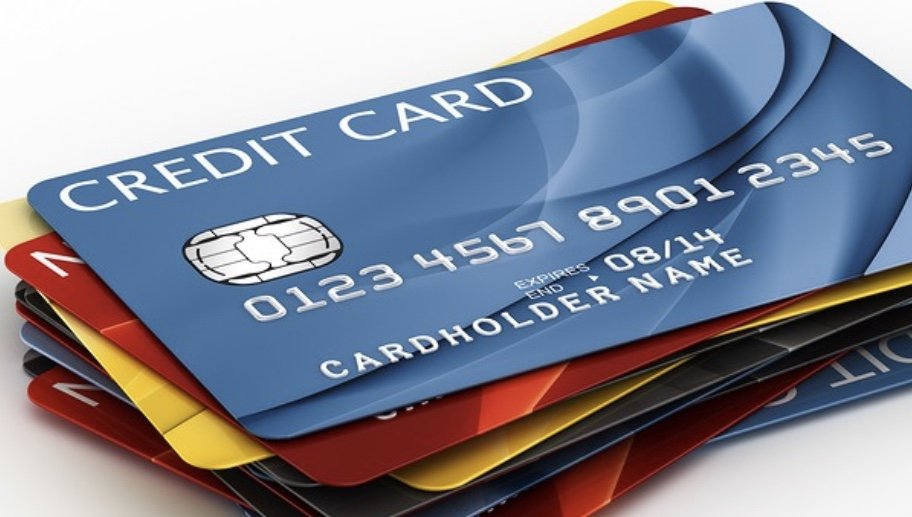Search the Community
Showing results for tags 'investment'.
-
Do you ever worry that if the credit card you’re using to make business purchases isn’t in your business name that you won’t be allowed to take the deductions? The good news is, that’s not the case—even if you have a separate entity! This doesn’t mean you should mix personal and business expenses. When you take a personal credit card and use it entirely for business expenses, you are essentially contributing this debt to your business. You can use the card the same as if it was in the company’s name and deduct every business expense you purchase on it. This can be a great strategy, just like with auto loans, when the company is new because it’s harder for new companies to get lines of credit without an established credit history. So if you’ve got a personal credit card available for business expenses, feel free to use that card and benefit from all of the rewards! To learn more please call 1954-324-0803 or book an appointment at https://calendly.com/markjohnsontaxplanner/45min
-
- taxes
- tax planning
-
(and 2 more)
Tagged with:
-
Do you ever worry that if the credit card you’re using to make business purchases isn’t in your business name that you won’t be allowed to take the deductions? The good news is, that’s not the case—even if you have a separate entity! This doesn’t mean you should mix personal and business expenses. When you take a personal credit card and use it entirely for business expenses, you are essentially contributing this debt to your business. You can use the card the same as if it was in the company’s name and deduct every business expense you purchase on it. This can be a great strategy, just like with auto loans, when the company is new because it’s harder for new companies to get lines of credit without an established credit history. So if you’ve got a personal credit card available for business expenses, feel free to use that card and benefit from all of the rewards! To learn more please call 1954-324-0803 or book an appointment at https://calendly.com/markjohnsontaxplanner/45min View full article
-
- investment
- accounting
-
(and 2 more)
Tagged with:
-
According to The NY Times, you should have a well-padded cushion of savings by age 50 if you want to retire comfortably. This is how it should look: By age 50, have five times your annual salary saved. ( ie. $100K income = $500K savings) By age 55, have six times your annual salary saved. ( ie. $100K income = $600K savings) By age 60, have seven times your annual salary saved. ( ie. $100K income = $700K savings) The Times also reports that less than 13% of Americans have a pension or a solid retirement plan. How does your situation looks? Are you on track to retire comfortably? If not, no need to panic. We can guide you in getting there. If a shop owner who is currently 50 years old starts putting away $2,700 every month until he retires at 67. He would have amassed $1,245,344 by the time he retires. Now you might be asking where will I get the money from to save? Well, most of the shop owners that I encounter are overpaying an average of $22,679 in taxes yearly. This amount alone could easily be used to fund your retirement plan. When we met Henry he was 62 and his shop was netting a little over $283K per year. We were able to find tax savings which allowed him to save $84K per year and in 8 years he had over $1.1M in retirement savings. To learn how to use your tax savings to build your retirement portfolio message me directly or book a free consultation via my website.
-
- retirement plans
- retirement
- (and 5 more)
-
Hi everyone, As many of you know i am planning a complete tire and auto shop that i would like to start in a few years, i am currently looking into the financial section of my business plan. I would like to know first of all if anyone has any advice for me when it comes to finances and funding the startup? Also if you have stories of what worked or didn't work that would be great! Lastly I am looking for resources for funding the business startup when i am ready to start so how did you all fund your business startups? what resources can i use to fund the shop when i start it? What can I expect for a typical startup cost in general? Thanks for your input!








